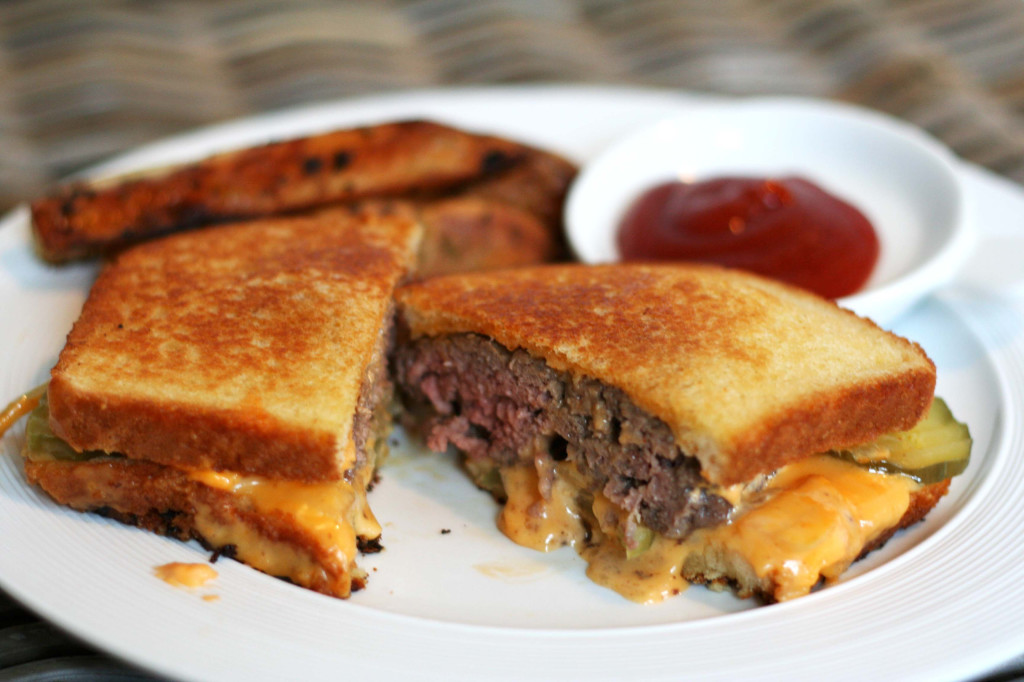A long, long time ago I created two social movements, one that grew from just me to 100K members in Australia (ecology), and a little doomsday movement that reportedly gave 8% of the planet anxiety – for a good reason says I.
This is #3. I have ideas every day but I think I can make this one happen.
Male receptionists.
Following Women’s Day 2019 there has been a lot of chatter surrounding pay equity, more than ever before, I sense. And the solution is to get women into higher paying roles, and of course end gender bias.
But there is another way – get men into lower paying jobs. For true equity, this must be considered. ScoMo, bless his uselessness, tried to articulate this and fell heavily. Idiot.
- Receptionists are paid a relatively low wage
- The skills cannot be gender-assigned as easily as childcare due to “nurturing”. But yeah, there is an aspect (Mum getting you ready for school)
- Clearly attractiveness is often a factor
- Receptionists often have subsidiary duties (like cleaning up the kitchen and making coffees)
Debate this: why aren’t men working as receptionists? It seems like an easy job. The pay is low, but isn’t terrible….
Women are chosen based on looks to provide a nicer experience for the presumably important male person arriving.
(If only 60% of important visitors are men, this still makes sense).
I’ve lived in small towns, small offices, big corporations, the whole range. As importance rises, for the receptionist role, so does looks. This also happens in retail. Go to Chapel Street or Myer. I’m generalising….
ULTIMATELY
- There is no reason for a receptionist to be female, in an equal world
- Most people would baulk at a fat, old, male receptionist. Like it it not.
- Even if they were better skilled at the role!
- Solve this one thing, and everything else falls into place
*businesses can achieve gender pay equity without paying more in wages!
Full disclosure, my first ever job had a receptionist component to it. But I was a teen dweeb and the others serving that role were attractive middle-aged mums. It felt like no contest. Society made that dichotomy.
Read More



